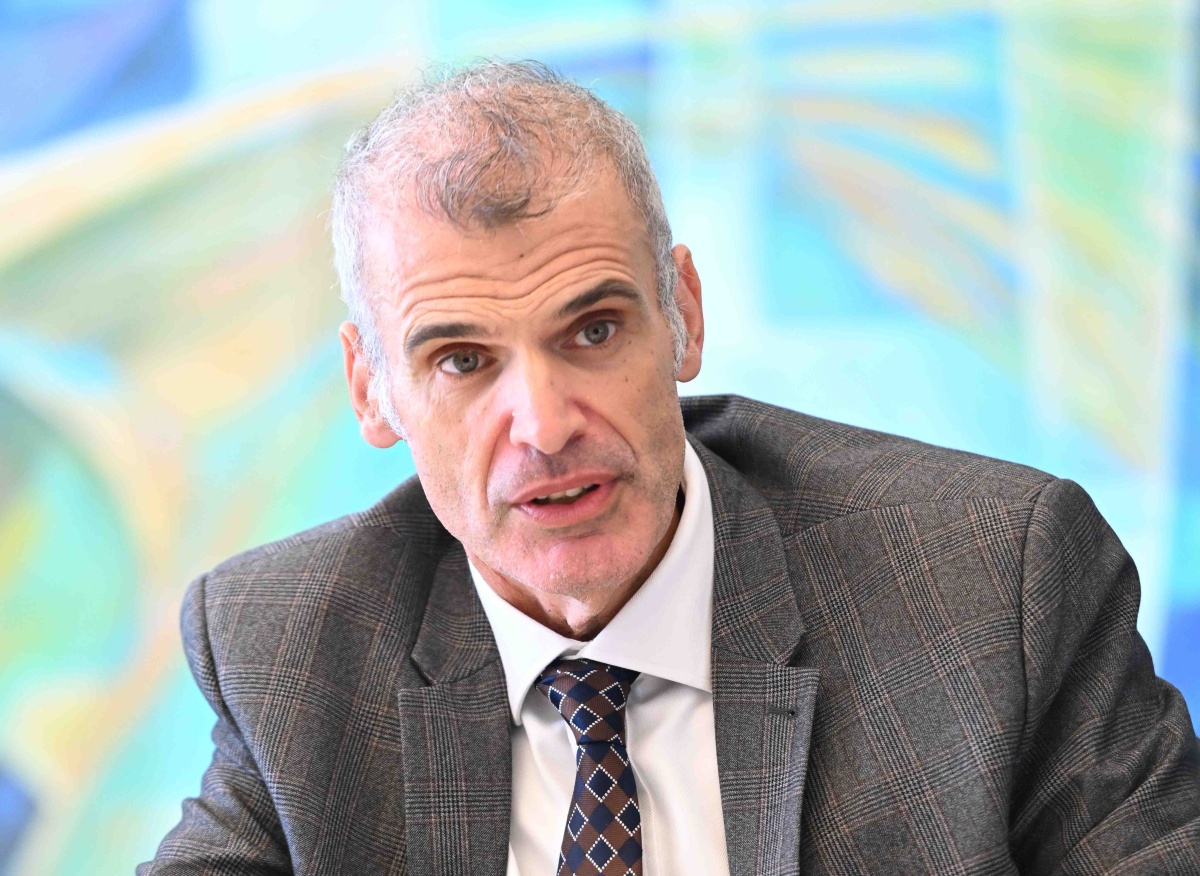One of the major developments in Malta’s stock market in recent months has been the wave of share buyback programmes aimed at addressing local equity market challenges. M&Z plc, Malta International Airport plc (MIA), and Bank of Valletta plc (BOV) have all launched buyback schemes – measures long requested by segments of the investing community.
The reason provided for the launch of the programmes is to stimulate liquidity in Malta’s notoriously illiquid equity market. It is not uncommon for those who wish to dispose of their shares to have to wait for days, and sometimes even weeks if not months, to find a buyer.
With share issuers stepping in to buy back their shares, shareholders are being given the opportunity to exit and possibly crystallise their profits.
In other words, with Maltese firms’ equities having plenty of sellers but few buyers, there is not much of a market, with the programmes effectively serving a market-making mechanism.
BOV, for example, has made it explicit that the programme is being offered as “a service” to its shareholders.
Not everyone is happy with that reasoning, with some shareholders questioning why funds are being allocated to buying back shares instead of increasing the bank’s dividend payout.
However, BOV, which announced last week that its share buyback programme would commence on 18th August, pushed back against the claim that it amounts to preferential treatment of shareholders who wish to unload their position.

BOV Chairman Gordon Cordina
Bank Chairman Gordon Cordina tells WhosWho.mt that the €7.8 million allocated for the programme could not have been added to the €35.7 million interim dividend it will be distributing to shareholders.
“The shares we will buy back will remain capital of the bank, as they will not be cancelled,” he explained. “We are not cancelling the shares.”
Dr Cordina acknowledged that the programme is the result of a “strong feeling that the bank’s equity is not sufficiently liquid,” adding that the issue has already been mitigated in recent years as the bank posted record profits and restarted regular dividend distributions.
Whether the programme will succeed in stimulating liquidity remains to be seen, with the first weeks of Malta International Airport plc’s buyback programme, which started in June, having what seems to be a negligible impact on both trading activity and share price.

MIA plc share activity over the last six months. Blue line indicates share price, orange bars indicate trading volume. The black line indicates the start of the share buyback programme.
The broader question here is whether these company share buyback programmes are enough to turn things around for Malta’s equity market, which has seen trading volumes collapse to around half their level a decade ago.
While certainly welcomed by certain shareholders, the impact on the health of the local stock market should not be overstated – having BOV and MIA, firms that already enjoy some of the most robust trading activity, offer to buy back what is, by any measure, a minuscule amount of their own shares, is no silver bullet.
The way forward should not be reduced to any single measure, but should involve a package of initiatives by all stakeholders. These can include a Maltese version of Britain’s Individual Savings Account (ISA), which offers tax advantages.
There is no shortage of cash in Malta, with local bank deposits estimated to have surpassed €27 billion. However, most of this huge pile of cash still remains virtually idle.
Another way to stimulate interest in local equities is for companies to have a regular reporting schedule. This is something that many companies still struggle with, as the MFSA recently noted following the conclusion of a thematic review geared towards evaluating the “quality, clarity and timeliness” of company announcements.
The Malta Stock Exchange is also exploring other options, including requiring new companies listing their shares to immediately commit to buying back their shares, thereby creating a market for them, and even introducing a segregated list to distinguish those firms that have a liquidity mechanism in place.
It is worth noting, however, that there has not yet been a detailed, holistic study undertaken of the factors shaping the current dynamics of the local equity market, meaning that any initiatives that are being undertaken or contemplated might lack coherence.
Writing in March last year, a local stockbroker quoted a statement which felt important for the subject: “Equity markets exist to finance the economy. They are founded in many jurisdictions across the world on a strong domestic investor base that invests in its own economy and is incentivised to do so.”
That Malta’s investors are now evidently reluctant to provide this type of finance requires serious analysis and further concrete action.
Main Image:
